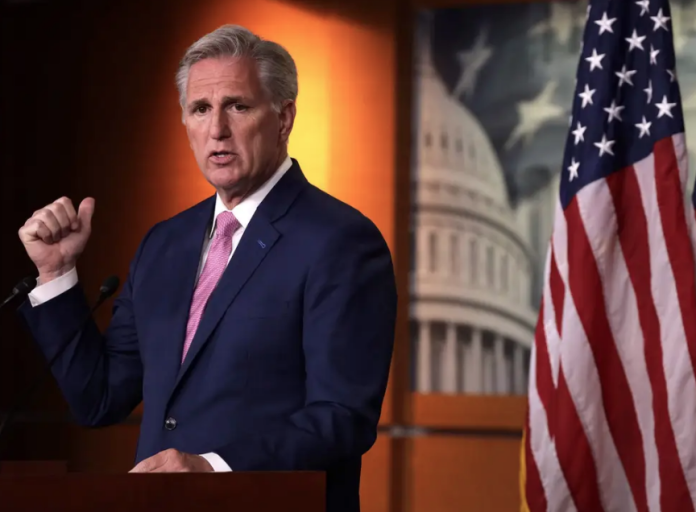The midterms are looming over the halls of Congress, and the economy might prove to be the issue that pushes Democrats’ razor-thin majority into the arms of Republicans.
A new poll from the New York Times/Siena College, which ran from October 9 to 12, asked 792 voters across the country how they feel about different parties and issues. Among those voters, one issue stands tall above the others: The economy. According to the Times, 44% of the likely voters answered that «economic concerns were the most important issues facing America.» That’s a big jump from 36% in July, and echoes other recent polling.
In September, economic concerns ranked first as the «most important problem facing the country today» among Americans surveyed by Gallup. That’s consistently between the most important problem throughout the summer and fall, but ticked up yet again in September.
But the Times poll also shows that dour views on the economy may spell trouble for Democrats and wins for Republicans. The voters they surveyed who were the most worried about the economy also «overwhelmingly» leaned Republican. Broadly, 49% of all the likely voters surveyed said they were more likely to vote Republican, with just 45% saying they would vote for Democrats.
Some Democrats have been sounding on the alarm on how important it is to rally around the economic issues facing Americans, especially with inflation still sky-high. In an opinion piece for the Guardian, Sen. Bernie Sanders said that Democrats should put focus on the economy in the lead-up to the midterms.
«This country has, for decades, faced structural economic crises that have caused the decline of the American middle class,» Sanders wrote. «Now is the time for Democrats to take the fight to the reactionary Republican party and expose their anti-worker views on the most important issues facing ordinary Americans.»
So far, Republican economic priorities if they retake their majority seem to be focused on repealing Biden-era legislation and preserving Trump’s tax policies. The GOP hasn’t coalesced around proposals from Sen. Rick Scott to enact a federal income tax on every single American, even low-earners who traditionally do not pay it. However, there does seem to be more Republican support for paring back spending on programs like Social Security and Medicare.
The GOP is also reportedly looking towards extending Trump’s 2017 tax cuts, while rolling back the recently-passed Inflation Reduction Act. Extending those cuts could stoke inflation, with consumers once again eager to buy goods that are still in short supply.

